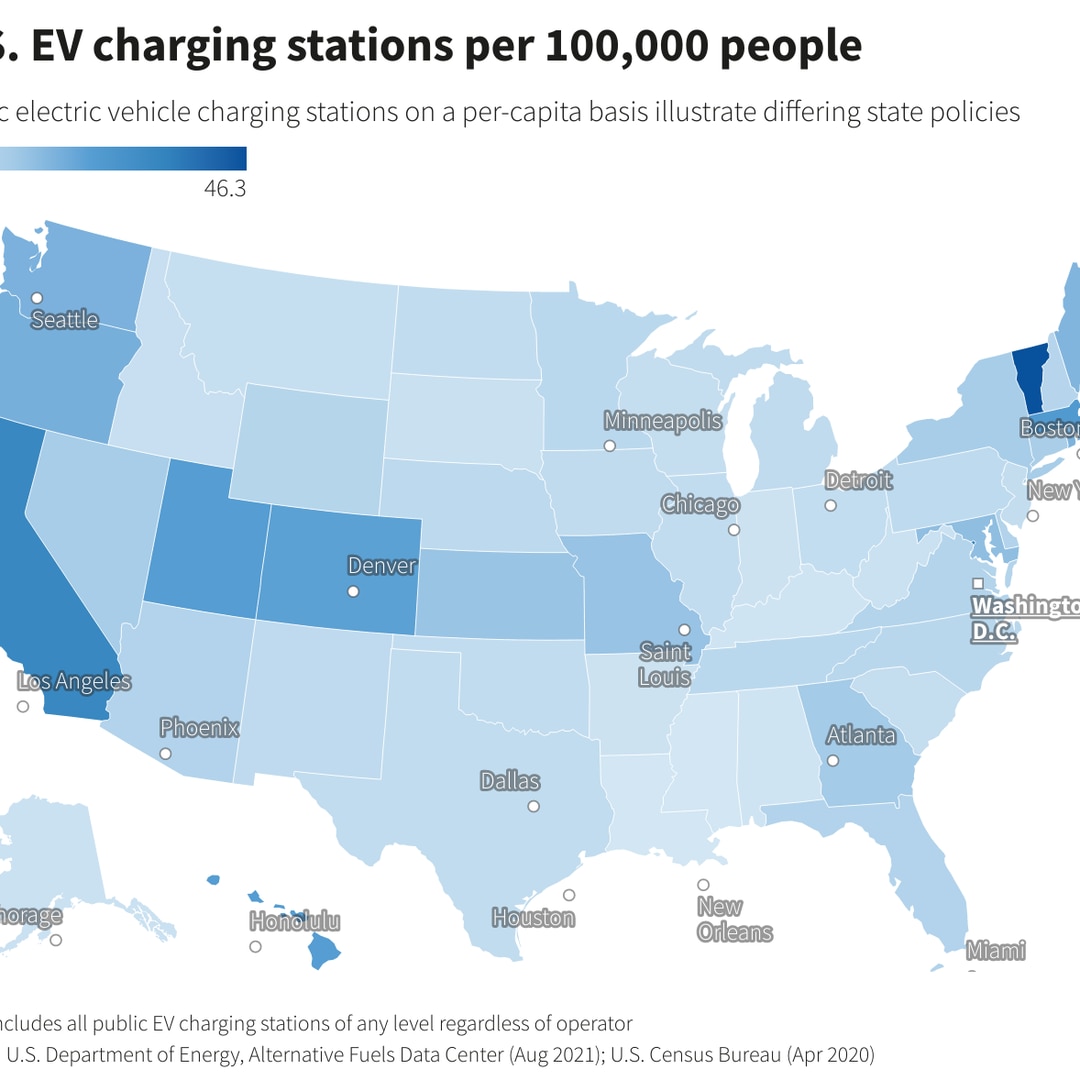
If you are planning on a Tesla Model 3 purchase, you are going to need to plan for the cost of charging. Although some Model 3 models are more expensive than others, an average Model 3 owner will have to pay between $3 and $4 per mile for their car to be charged. However, you can use a variety of methods to lower your costs.
It is possible to save money by using a public charging station. The majority of these stations require activation and will run a test in order to ensure that your account is current. A special adapter may also be required. If you are concerned about public charging stations reliability, you might consider charging your electric vehicle at home.

Depending on the charging station you choose, you might need to pay an extra fee. This will depend on the charging station's location and the power consumed by it. The fastest chargers are usually twice as fast as the slowest chargers. However, these rates only reflect the cost of the charging process. A tethered CCS connector may be available to connect your Tesla's Supercharger network.
The same applies to mobile connectors, which can charge your vehicle very quickly. These units are available for around $500 and will allow you to charge at speeds of around three miles per hour. The adapter allows you to charge your vehicle using standard 120-volt household outlets.
It is easy to see how quickly the charging cost of your Model 3 can add up. The national average cost to charge electricity has risen to $0.16 perkWh, from $0.13 perkWh in 2020. The Tesla App allows you to find a Supercharger close to you and it will also show you how much your total charges will be. Clicking on the button "Price", you can also see the cost of each Supercharger.
When you are estimating how much a charging session will cost, you must consider the energy lost during the charging process. This is because charging requires more energy that the battery can handle. When deciding on your charging strategy, it is important to take into account climate controls. The cost of a home charger will have to be calculated, but it will likely be much less than an overnight charge at a public charging station.

If you have a 100-kWh battery, you can charge the Supercharger station at $0.13 per kWh. While it might seem like a lot, it's actually just a fraction compared to a gasoline car. Model 3 costs 4-6 cents per kilometer, while a traditional car would cost 12-15 cents. In reality, you could get a few thousand miles out of your Model 3 before you begin to lose battery capacity. Your EV will be charged before long trips so you don't have to worry about the battery dying.
FAQ
What are the requirements for an automobile technician?
You must have completed high school or GED with good grades in maths and English. You also need to be able to read and write well. After passing a written test, you will need to complete a series of practical tests before you are allowed to begin working.
Is being an auto mechanic a promising career choice?
There are many exciting opportunities in the automotive industry for people who are driven to achieve excellence. It is important to work hard and learn as much from others as you can in order to succeed in this industry.
Excellent communication skills are essential as you will spend most of the time speaking to customers or other employees. It is important that you are willing to travel, work long hours and be able to commute.
If you're interested in pursuing a career in automotive, consider taking classes at community colleges and universities. Many schools have programs that are specifically tailored for students who are interested in automotive sales, repair, and customer service.
Studying mechanical engineering is an option if you're interested in pursuing a degree. It is possible to earn a bachelor’s degree in only four years.
Many employers will hire graduates straight out from school. You should start looking for employment as soon as you are able to continue your studies part-time.
After you complete your education, you may need to undergo some type of training before you can become an automotive technician.
You will need to pass the Automotive Service Excellence certification exam. This test covers topics like engine maintenance, brakes system, suspension, and many other subjects.
Once you have passed the ASE Test, you are eligible to apply for a National Institute for Automotive Service Excellence License.
A license permits you to repair private vehicles. You'll be paid based upon the number of services provided.
Not all states require licensing. However, if you plan to work outside your home state, you'll need to obtain a license.
Some states will not issue licenses until an individual has completed certain training. This could be you.
How do I prepare for a mechanic apprenticeship?
It is important that you understand the ramifications of your actions. You must understand the workings of cars. This will make it easy to find the right place to start your first day in the garage.
It is also important to be able to fix small problems like broken lights or tires.
This should help you learn how to diagnose issues and repair them yourself.
Also, it is important to know how parts fit together so that you can put them back together.
Finally, you need to be able to safely and efficiently use tools.
These things will enable you to be a competent mechanic.
What are the different types of jobs available in car mechanic?
There are three main areas of employment for car mechanics:
-
Automotive repair shops
-
Dealerships
-
Independent garages
Automotive repair shops
This is the place most people begin to consider becoming mechanics. It's the easiest way for most people to get started. You have two options: work in an existing shop or open your own.
If you choose to work at a store, you need to join a union. Once accepted into the union you will be trained by the union.
After completing the training, you'll be ready to start work.
You will need to register if your garage is going to be open. After registering, you'll be required to meet certain standards.
Once you register, you'll receive a license that allows you to operate your garage.
Your license allows for minor repairs and spare parts sales. It will not allow you to repair major engine problems.
You will be expected to sell spare parts and also offer guidance and advice to customers.
Dealership jobs
Many dealerships have mechanics who are experts in one particular area. For instance, they may only be qualified to fix brakes or change tires.
However, some dealerships also hire general mechanics who can handle all aspects of car repairs.
These positions may require applicants to complete specific training before being allowed on the job. This allows employers to select the most qualified candidates for their roles.
Some dealerships even recruit graduates straight from university. These graduates already know the basics of mechanical engineering and therefore have no problem learning about cars.
Independent garages
Independent garages don’t have to be associated with any particular dealer. They tend to be focused on high-quality service.
Independent garages are not associated with any companies so they can afford higher wages. These jobs generally pay better than those at dealerships.
However, independent garages do not necessarily offer better workplaces. Many owners prefer to control their businesses themselves, rather than delegating it to employees.
This could lead to you working long hours with little control over your day.
You should also expect to earn lower wages than if you were employed at a dealership.
The good news? You can easily switch between different types of jobs. It is possible to switch between different types of jobs if your current employer would prefer you to work at a dealer.
You could also apply directly to an owner of a garage if that's what you want.
Unfortunately, finding a new job can be difficult. There are many other factors that can influence your earnings.
Consider, for example, what type of vehicle you are repairing and whether additional labor charges will apply.
Is it worth being a mechanic.
The answer to this question will depend on your goals for life. If you are looking for financial gain, then yes. However, if purpose and meaning are what you seek, then no.
If you don’t possess any mechanics skills, you won’t be able to do it. It's not going to make you rich. It won't make your name famous. And it's unlikely to change your life.
You'd need to spend years learning how everything works. This would mean that you would have to pay someone else for your car's repair. It's the reason most people don't bother. They find something better to do instead.
Summarising, if your goal is to make lots of money, go for it. However, if you want to have a meaningful and fulfilling life, avoid the mechanic's trade.
What is the difference between an automotive technician and a mechanic?
Both are related, but they are not the same. Both a mechanic and an automotive technician can repair cars.
A mechanic must have good manual dexterity and be able to perform simple tasks quickly. They should also be able correctly diagnose and repair any problems.
An automotive technician requires more technical skills than a mechanic. They should be able read blueprints and use tools like drills and wrenches.
They must also be able to carry out complex procedures safely. They should also be familiarized with the different types of engines as well as electrical systems.
They must also understand the interplay of different parts.
This means that mechanics usually make less money than automotive technicians. There are many job opportunities in both.
What information do I need about car mechanics
You don't need to know anything about cars to work as an auto mechanic. All you need to know is how to fix things. That's why most people start doing jobs like fitting brake pads or changing tires before progressing to more complex repairs.
You need to be able read and comprehend diagrams, follow written instructions and adhere to basic principles of good practice. It is also important to know how to determine if parts are damaged or need to be replaced.
It's important to remember that you shouldn't attempt to repair vehicles without having received proper training and guidance. This is especially true if you deal with expensive components such as engines or transmissions.
In fact, even though you won't need to know much about cars, you will need to thoroughly know the basics of mechanical engineering and physics. This means understanding the principles behind how engines work and how brakes function.
It is important to realize that you must be ready for all types of situations. One example is when you could be working on a vehicle involved in a serious crash. Experience with accidents and breakdowns is also a must.
You should also be open to learning quickly. In order to be able diagnose and fix problems, you will also need to know how to do simple maintenance tasks such tightening bolts.
Statistics
- There were 749,900 jobs available for automotive service technicians and mechanics in 2016, which is expected to grow by six percent through 2026. (jobhero.com)
- According to the BLS, the median annual salary for automotive service technicians and mechanics in the United States was $44,050 in May 2020. (uti.edu)
- According to the BLS, total auto technician employment is expected to exceed 705,000 by 2030. (uti.edu)
External Links
How To
How to become a mechanic certified
The mechanic's certifications can be used by people who wish to become professional automotive technicians. These certifications provide an overview of all aspects of auto repair including engine diagnostics and electrical systems, brakes. steering. fuel injection. air conditioning. heating. exhaust. diagnostic tools. body repairs. collision damage repair. collision repair. paintless dent removal. motor vehicle emissions testing.
The program comprises 12 hours of classroom instruction, and three months on-the job training at a participating dealership. Students must take a minimum 60-hour semester of classroom instruction. Additionally, students must pass a written examination that includes both theory and practical questions. After completing the coursework students are eligible to take the National Institute for Automotive Service Excellence state examination (ASE). For employment as an automotive technician, certification by ASE is necessary.